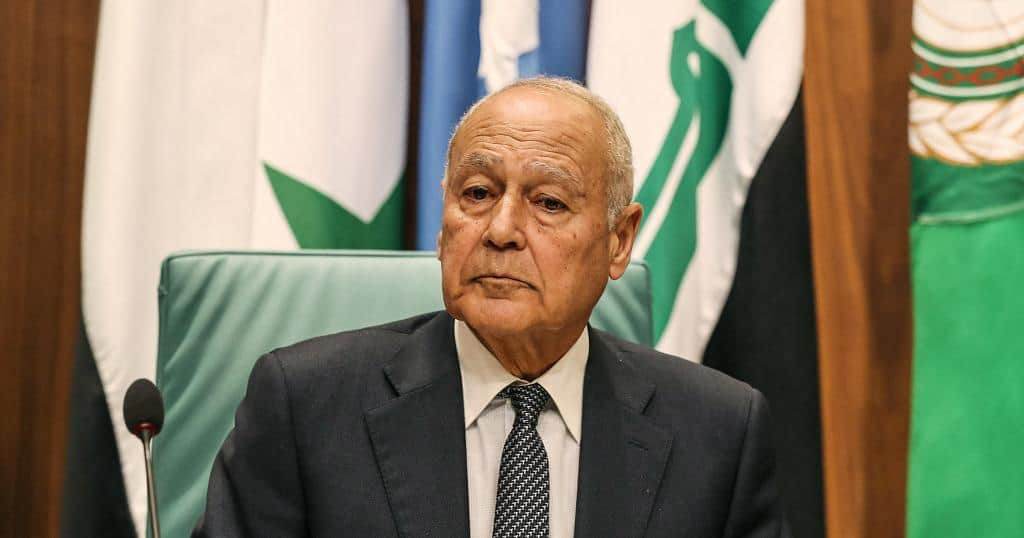Cairo, Egypt — The potential termination of the UN Relief and Works Agency for Palestine Refugees in the Near East (UNRWA) due to a lack of funds poses a danger for the entire region, Arab League Secretary General Ahmed Aboul Gheit said.
“The cessation of the work of this UN agency poses a danger to the entire Middle East region,” Gheit said, according to Al-Qahera Al-Ekhbariya TV channel.
According to the Arab League secretary general, “the desire of some countries to exclude the role of UNRWA by suspending its funding is a moral, humanitarian and security mistake.”
According to Gheit, this “dangerous trend” is consistent with the position of right-wing parties in Israel, which have always sought and are still seeking to limit and minimize the activities and importance of UNRWA in solving the Palestinian refugee problem.”
Earlier, a number of countries, including the United Kingdom, Germany, Canada and the United States, announced they were suspending funding for UNRWA over its suspected links to Hamas. UNRWA Commissioner General Philippe Lazzarini ordered the dismissal of several employees allegedly involved in the October 7 Hamas attack on Israel.
The UN Relief and Works Agency for Palestine Refugees in the Near East was established in 1949. Its mission is to provide medical, social and food aid, as well as education, to 5.9 million refugees in the Gaza Strip, the West Bank, Jordan, Lebanon and Syria. UNRWA staff exceeds 30,000.
The agency is managed by a commissioner general appointed by the UN secretary general. The organization is funded by donations from UN member states, the European Union and international NGOs and needs about $1.2 billion per year to be fully operational.

